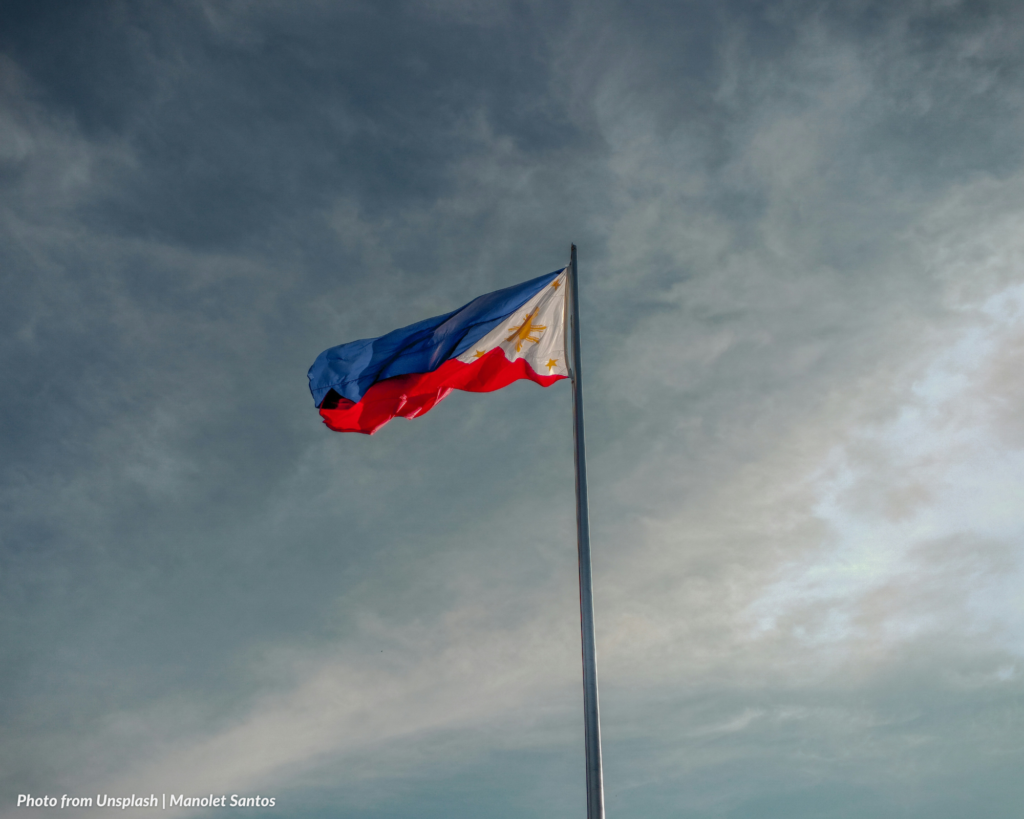
Photo from Unsplash | Manolet Santos
The following post does not create a lawyer-client relationship between Alburo Alburo and Associates Law Offices (or any of its lawyers) and the reader. It is still best for you to engage the services of a lawyer or you may directly contact and consult Alburo Alburo and Associates Law Offices to address your specific legal concerns, if there is any.
Also, the matters contained in the following were written in accordance with the law, rules, and jurisprudence prevailing at the time of writing and posting, and do not include any future developments on the subject matter under discussion.
AT A GLANCE:
By virtue of Proclamation No. 533, series of 2013, the 23rd of January of every year is declared as “Araw ng Republikang Filipino, 1899”.
In 2018, Republic Act No. 11014 declared the 23rd of January of every year as “The First Philippine Republic Day”, which is a special working day.
On January 23, 1899, the First Philippine Republic (the Malolos Republic) was inaugurated at Barasoain Church in Malolos, Bulacan, making the Philippines the first independent republic in Asia.
Thus, by virtue of Proclamation No. 533, series of 2013, the 23rd of January of every year is declared as “Araw ng Republikang Filipino, 1899”.
In 2018, Republic Act No. 11014 or the First Philippine Republic Day Act was enacted declaring January 23 of every year as a special working holiday in the entire country to commemorate the declaration of the First Philippine Republic.
The law says:
“Section 2. January 23 of every year is hereby declared as the “First Philippine Republic Day”, which shall be a special working holiday in the entire country to commemorate the declaration of the First Philippine Republic on January 23, 1899 held at the Barasoain Church in the City of Malolos, Province of Bulacan.
Section 3. The National Historical Commission, in coordination with the Department of Education, shall plan and implement activities for “The First Philippine Republic Day” and ensure that the significance of his historical event will continue to inspire and instill a sense of pride for the rich and noble history of the Filipino nation.” (Sections 2 and 3, R.A. No. 11014)
On December 20, 2023, Proclamation No. 428, series of 2023 was issued declaring January 23, 2024 as a special (non-working) holiday in the Province of Bulacan, in celebration of the anniversary of the inauguration of the First Philippine Republic.
Proclamation No. 533, s. 2013, Republic Act No. 11014, and Proclamation No. 428, s. 2023 affirm the constitutionally-enshrined principle that:
“The Philippines is a democratic and republican State. Sovereignty resides in the people and all government authority emanates from them.” (Section 1, Article II, 1987 Constitution)
As held in the case of The Diocese of Bacolod v. Commission on Election (G.R. No. 205728, January 21, 2015):
“[G]enuine democracy thrives only where the power and right of the people to elect the men to whom they would entrust the privilege to run the affairs of the state exist. In the language of the declaration of principles of our Constitution, “The Philippines is a republican state. Sovereignty resides in the people and all government authority emanates from them” (Section 1, Article II). Translating this declaration into actuality, the Philippines is a republic because and solely because the people in it can be governed only by officials whom they themselves have placed in office by their votes. And in it is on this cornerstone that I hold it to be self-evident that when the freedoms of speech, press and peaceful assembly and redress of grievances are being exercised in relation to suffrage or as a means to enjoy the inalienable right of the qualified citizen to vote, they are absolute and timeless. If our democracy and republicanism are to be worthwhile, the conduct of public affairs by our officials must be allowed to suffer incessant and unabating scrutiny, favorable or unfavorable, every day and at all times. Every holder of power in our government must be ready to undergo exposure any moment of the day or night, from January to December every year, as it is only in this way that he can rightfully gain the confidence of the people.” (Emphasis supplied.)
Related Articles:
Linggo ng Kalayaan (Proclamation No. 914, s. 1992)
Constitution Day under Proclamation No. 211, series of 1988
Alburo Alburo and Associates Law Offices specializes in business law and labor law consulting. For inquiries regarding taxation and taxpayer’s remedies, you may reach us at info@alburolaw.com, or dial us at (02)7745-4391/0917-5772207.
All rights reserved.

